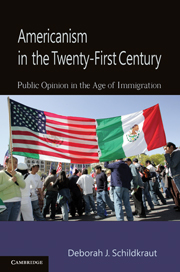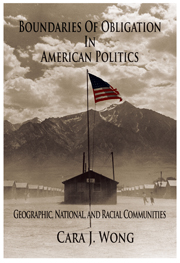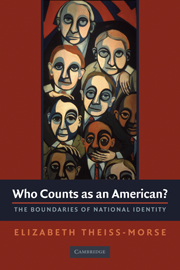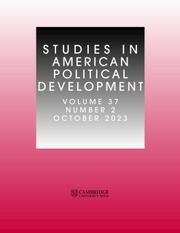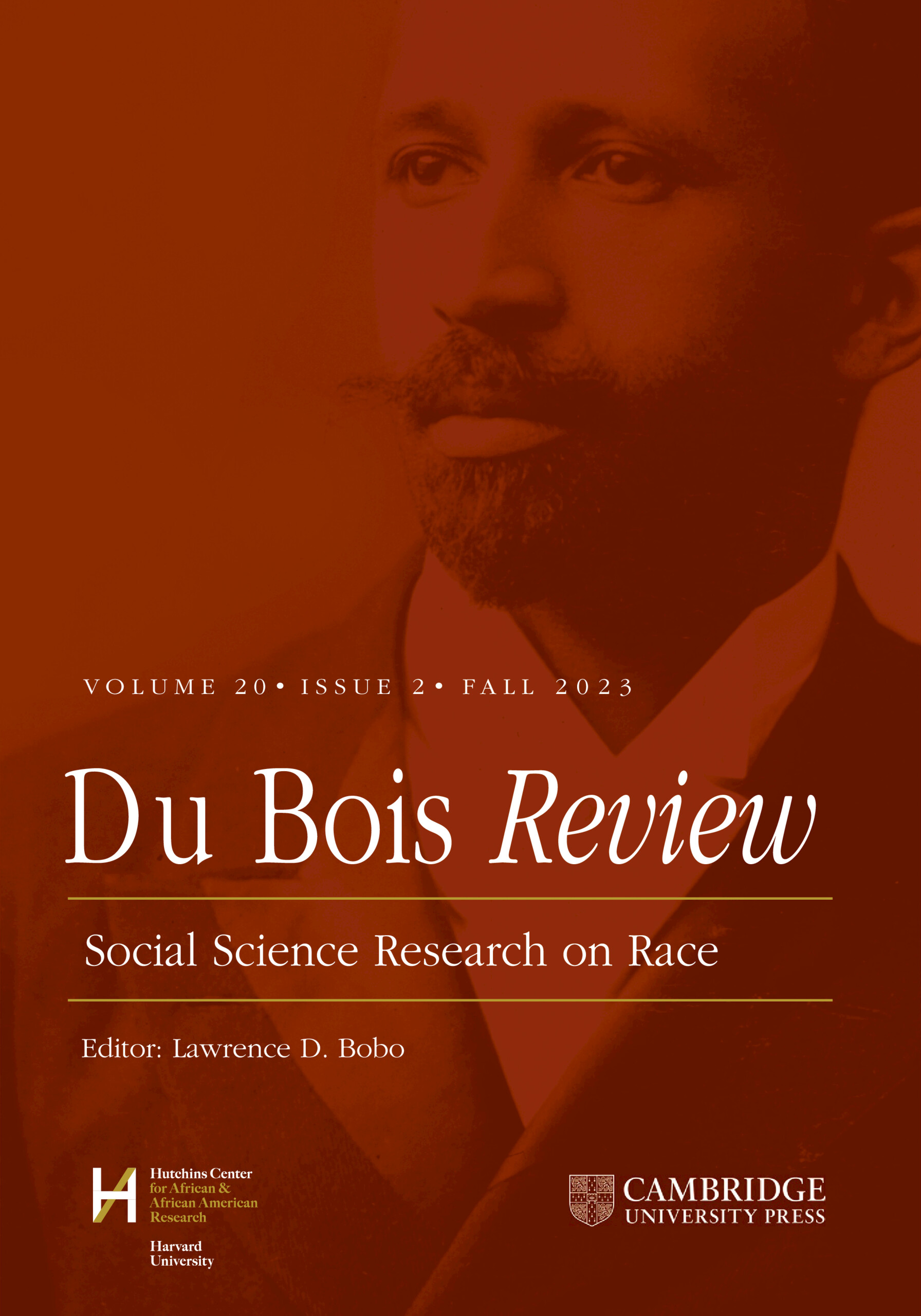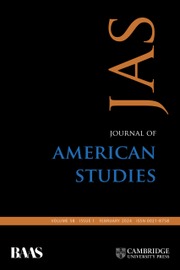Americanism in the Twenty-First Century
This book explores public opinion about being and becoming American, and its implications for contemporary immigration debates. It focuses on the causes and consequences of two aspects of American identity: how people define being American and whether people think of themselves primarily as American rather than as members of a panethnic or national origin group. Importantly, the book evaluates the claim – made by scholars and pundits alike – that all Americans should prioritize their American identity instead of an ethnic or national origin identity. It finds that national identity within American democracy can be a blessing or a curse. It can enhance participation, trust, and obligation. But it can be a curse when perceptions of deviation lead to threat and resentment. It can also be a curse for minorities who are attached to their American identity but also perceive discrimination. The notion of American identity is a predisposition that the government has good reason to cultivate, but also good reason to approach with caution.
- New nationally representative data with oversamples of black, Latino, and Asian respondents, designed specifically to examine the questions explored in this book
- Comprehensive examination of public opinion about immigration among people from a variety of backgrounds
- Introduces new analytical concept of 'immigrant resentment' to the literature; develops survey measures of this concept and demonstrates its impact on public opinion
Reviews & endorsements
“Ever since the country’s founding, Americans have faced the challenge of juggling their American identities with their own distinctive national or ethnic identities. Demographic shifts over the last quarter century have made this much more complex – citizens find themselves in more heterogeneous settings that sometimes accentuate a common American identity but other times stir up resentment and discrimination against specific groups. Schildkraut’s book masterfully explores how Americans contend with these competing forces; it is a seminal contribution to our basic understanding of identity and what it means to be an American in the 21st century.”
—James N. Druckman, Northwestern University
“This pioneering work in political psychology addresses the challenges to American unity posed by rapidly increasing immigration and cultural diversity. Based on an extensive national survey, with over-samples of ethnic minorities, it offers many stereotype-breaking findings about Americans of all backgrounds, focusing particularly on social identities. It should disabuse us of the popular notion that immigrants, particularly from Latin America, are bound to remain an unacculturated enclave only partially loyal to America, as charged by those on the political right. Nor do later generations of immigrant families increasingly experience discrimination and victimization, as charged by those on the political left. The majority white population’s attitudes toward immigrants do show some similarities to contemporary anti-black prejudice, but with a distinctively new flavor. The volume should become a reference point for all future studies of a phenomenon so vital to the nation’s future.”
— David O. Sears, University of California, Los Angeles
“In the current heated environment that surrounds immigration, Americanism in the Twenty-first Century offers a refreshingly thorough and sophisticated analysis of the issue from the perspective of what it means to be an American. Schildkraut uses original survey data that allow her to look not only at what whites think of immigration or at what minority groups think about being American, but also at what a variety of racial and ethnic groups think of the two together. What she finds is incredibly important to anyone interested in American identity, immigration, and the heated politics of our time. In many ways, anti-immigration alarmists have much less to fear than they think. Immigrant and native-born minorities do not differ from native-born whites in their beliefs about Americanism or the norms it entails (such as obligations to fellow Americans, trust in government, and patriotism). Yet Schildkraut convincingly shows experiencing discrimination leads immigrant and native-born minorities to feel marginalized and to be less willing to express the norms and beliefs surrounding Americanism. Her findings suggest that the popular anti-immigration policies of the early 21st century will likely contribute to precisely the sentiments alarmists fear.”
—Elizabeth Theiss-Morse, University of Nebraska, Lincoln
Product details
November 2010Hardback
9780521191753
280 pages
241 × 161 × 18 mm
0.52kg
15 b/w illus. 38 tables
Available
Table of Contents
- 1. Introduction
- 2. The 21st century Americanism survey
- 3. Defining American identity in the 21st century
- 4. Policy implications of multidimensional Americanism
- 5. The myths and realities of identity prioritization
- 6. Does 'becoming American' create a 'better' American?
- 7. Immigrant resentment: when the work ethic backfires
- 8. The politics of American identity.

